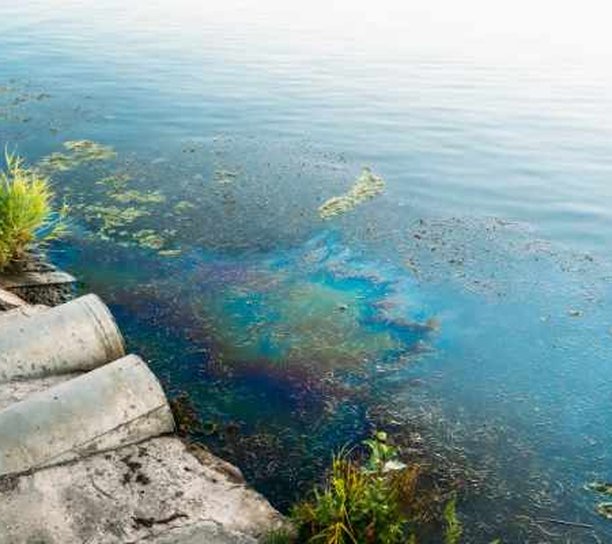A citizen science initiative has uncovered alarming evidence of a decline of one of the UK’s most vital and protected chalk streams, directly challenging the claims by the Environment Agency that had previously denied any deterioration of the river.
Supported by the charity WildFish, the SmartRivers programme focuses on surveying freshwater invertebrates and has suggested that the river's decline is due to “chemical pressures” on the River Avon in Wiltshire.
These findings raise multiple concerns, firstly due this research confirming a consistent decline of the rivers health, and secondly, this same evidence opposing claims from the Environmental Agency, who claimed that “the Avon has not deteriorated in water quality in the last five years”.
In an interview with the Guardian, David Holroyd, a prominent water quality expert with the Wiltshire Fishery Association, highlighted a concerning decrease in the number of invertebrates collected from 11 spring and autumn samples from 2019-2023.
David likened the presence of invertebrates in water to the “canary in the coalmine”, suggesting the critical role they play in signalling potential contamination. The decline of this species in the river over the last half-decade then suggests that pollutants have been present much longer than previously thought.
Freshwater invertebrates such as riverflies, beetles, mollusks, worms, and crustaceans serve as the linchpin of aquatic ecosystems. Analysis of these species and their populations helps identify environmental changes stemming from industrial practices, agriculture, sewage discharges, and urban runoff.
Through the SmartRivers programme and dedication of the citizen scientists in monitoring river health, the programme now covers 95 important rivers across the UK, contributing valuable information and research in the plight to reduce water pollution and safeguard British waters.
One representative at WildFish, Janina Gray, who oversees the science and environmental policies, spoke to the Guardian and criticised the current frameworks for overseeing river ecological conditions and post-Brexit legislations, claiming “the bar is not set high enough”, and highlighting the failure to establish sufficient standards.
Despite the Environment Agency’s claim that the Avon’s condition has not deteriorated under the water framework, the evidence collected by WildFish rebuttals this claim and emphasises how current regulations not only fail to protect national waters, but fall short in identifying crucial changes in the waters health that demand further investigation.
In a recent study conducted by WildFish, it was revealed that every river sample within the Windermere catchment area, as part of the SmartRivers program, was impacted by United Utilities wastewater treatment facilities, who have discharged more than 18,000 hours worth of untreated sewage since 2020.
The analysis also discovered that species of riverflies sensitive to pollution experienced a substantial decline of up to 76% when compared to their counterparts in suitable upstream habitats.
Collaborative efforts are now underway between WildFish and the Environment Agency to pinpoint and address the pressures facing the river, with an Environment Agency spokesperson acknowledging the importance of integrating citizen science data into their monitoring efforts to better their understanding of water quality issues.
